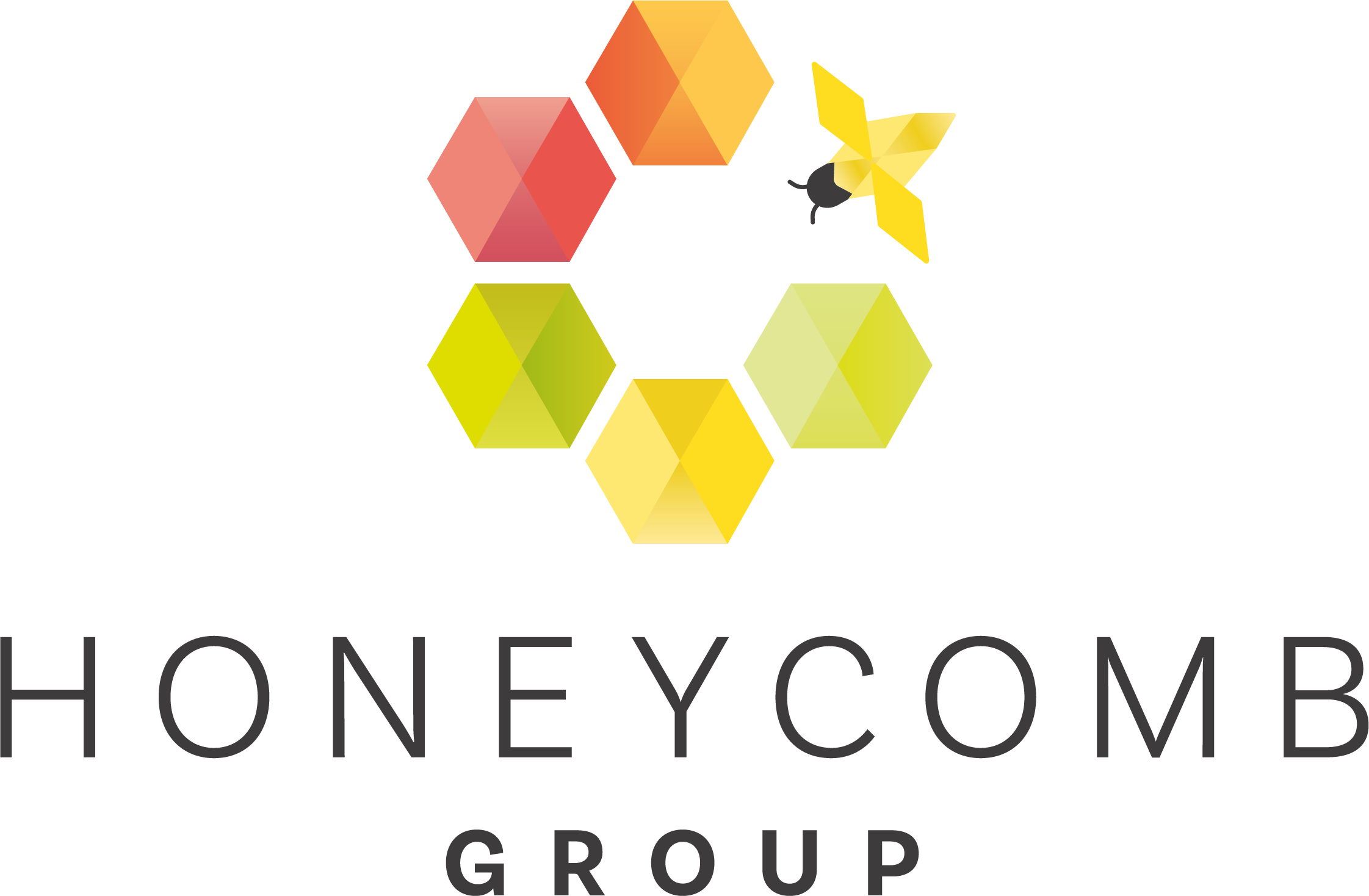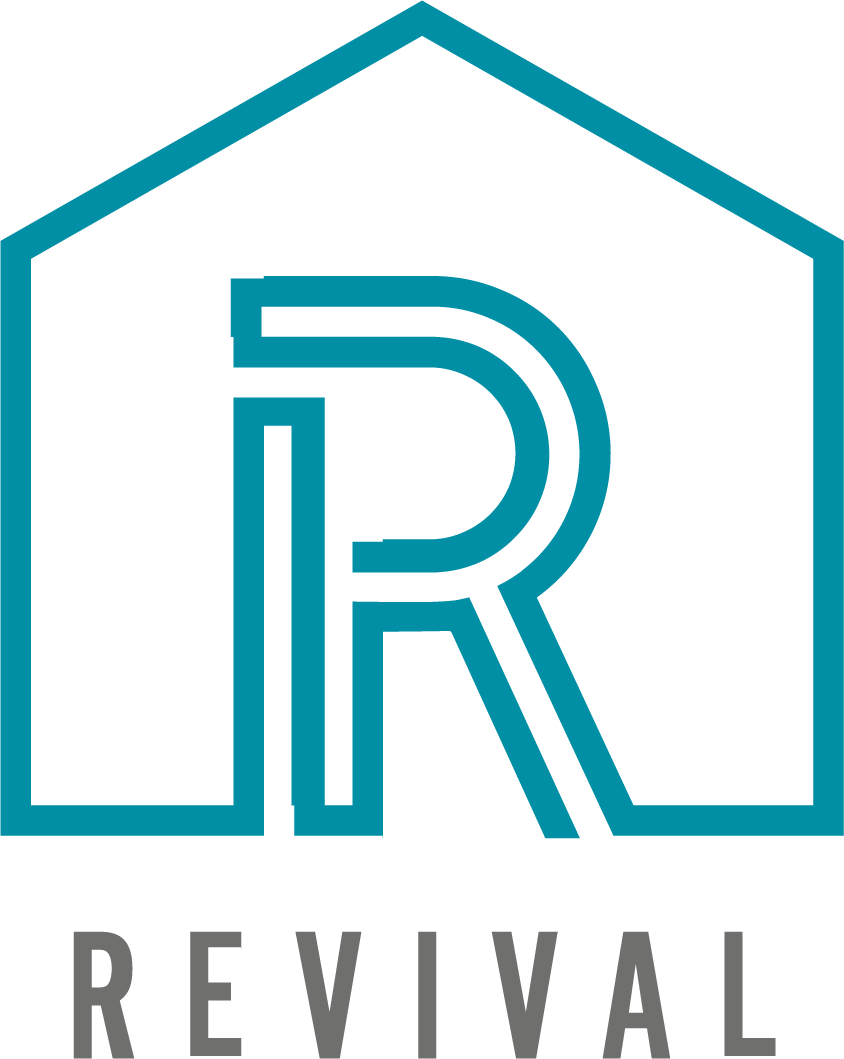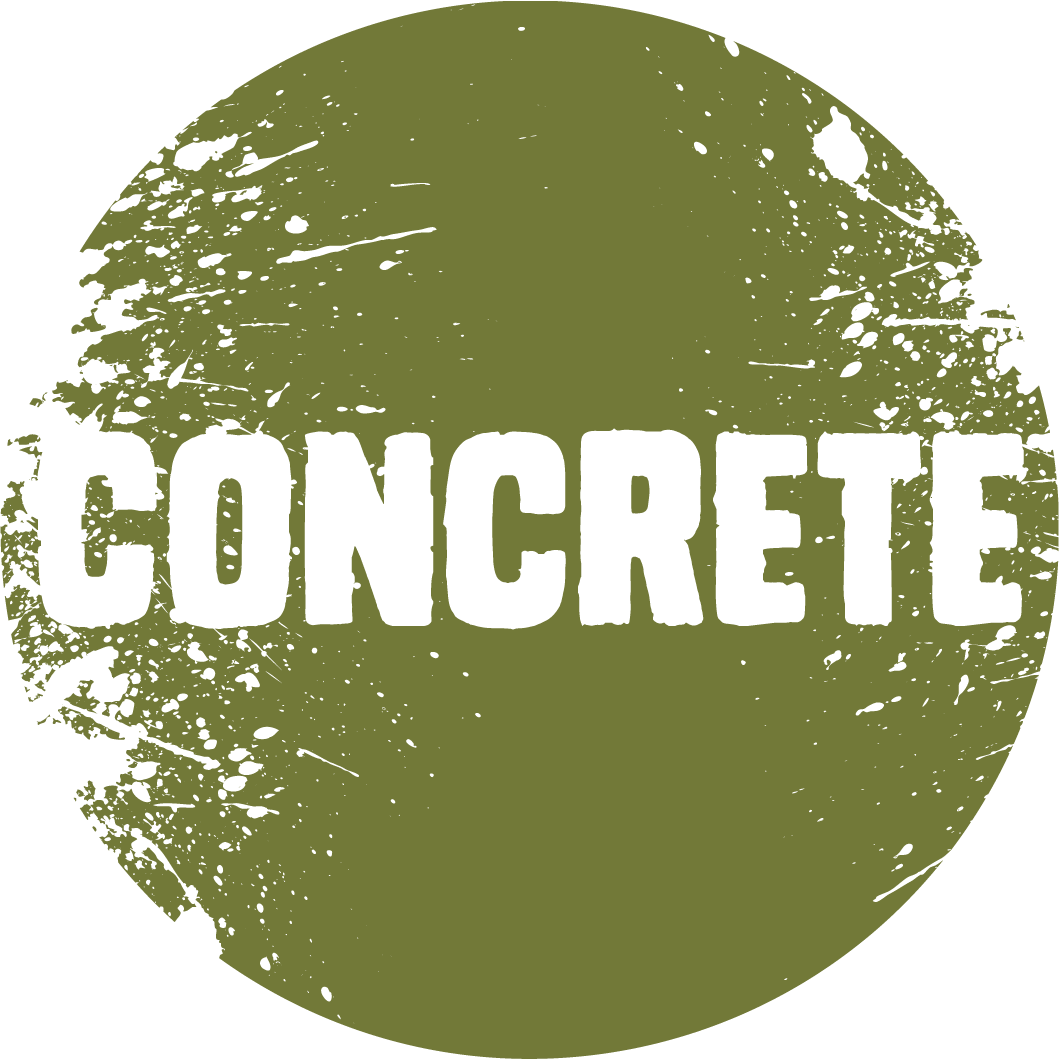Kerry’s Story as a Domestic Abuse Practitioner at Glow
At the heart of Glow’s work are our Domestic Abuse Practitioners. They are compassionate professionals who support people escaping domestic abuse to find safety, heal from trauma, and rebuild their lives.
Working within refuge settings, practitioners like Kerry offer both emotional and practical support. From helping someone secure housing or manage their finances, to sitting with them through the hardest conversations, their role is about empowering people to take back control and rediscover their independence.
“We’re there to support people at one of the most difficult times in their lives,” Kerry explains. “It’s about walking alongside them, not leading the way, helping them believe they can live a life free from abuse.”
A role that changes every day
Kerry has been with Glow for over two years, and she loves the variety her work brings.
“No two days are ever the same,” she says. “When I come into work, I have to decide which hat I’m wearing that day.”
In the refuge, Kerry and her team often act as the bridge between different services, working closely with social services, mental health professionals, children and young people’s teams, money advisors, and housing officers.
“We’re not just supporting people through the effects of domestic abuse,” Kerry explains. “We’re helping them manage the everyday things that make life possible, building stability, confidence, and connection.”
Bringing mental health experience to the role
Before joining Glow, Kerry worked as a mental health practitioner, supporting people with personality disorders in long-term residential care.
“That experience has been a huge help,” she says. “It taught me patience and how to really listen. Understanding trauma and behaviour is so important in this role. You have to meet people where they are.”
This background allows Kerry to recognise how deep the impacts of abuse can be, and how long recovery may take.
“Healing doesn’t happen overnight,” she says. “But seeing even the smallest steps forward, that’s everything.”
Supporting people to rebuild
Every survivor Kerry works with has a different journey, and each one stays with her.
One woman Kerry supported had come to the UK with her husband. When their visa expired, he abandoned her, leaving her with no access to public funds and nowhere to turn.
“It was incredibly difficult,” Kerry recalls. “She had nothing, no income, no stability, no idea where to start. So much of the support was about setting up the basics of independent living.”
As their work together continued, Kerry learned that the woman’s life had been defined by control.
“She told me she’d spend her days cooking, cleaning, and doing dishes, and then she’d have to sit in darkness until her husband told her what to do next. She had no sense of who she was. Helping her realise she didn’t have to live that way anymore was such a powerful moment.”
Another customer came into the refuge with her young child.
“When she arrived, she was withdrawn and had no confidence,” Kerry says. “Her child had been affected too. They wouldn’t speak unless spoken to and wouldn’t play like other children. It broke my heart.”
With time, support, and patience, Kerry helped them both engage with services and start to heal.
“She started to open up, take part in programmes, and accept help. Her child began to smile and play again. Eventually, they moved on from the refuge, and now she’s doing courses, looking to the future, and, most importantly, making her own choices. It’s her life, on her terms.”
A job that makes a difference
For Kerry, being a Domestic Abuse Practitioner is more than a job, it’s a purpose.
“It’s not always easy, but it’s incredibly rewarding,” she says. “To see someone go from fear and uncertainty to excitement about the future. That’s what keeps me going.”
At Glow, practitioners like Kerry are the heart of the organisation, offering safety, understanding, and the belief that life can be different.
“It’s about giving people the confidence to rebuild, to see that they deserve happiness and freedom. Watching that transformation happen, that’s why I do what I do.”








